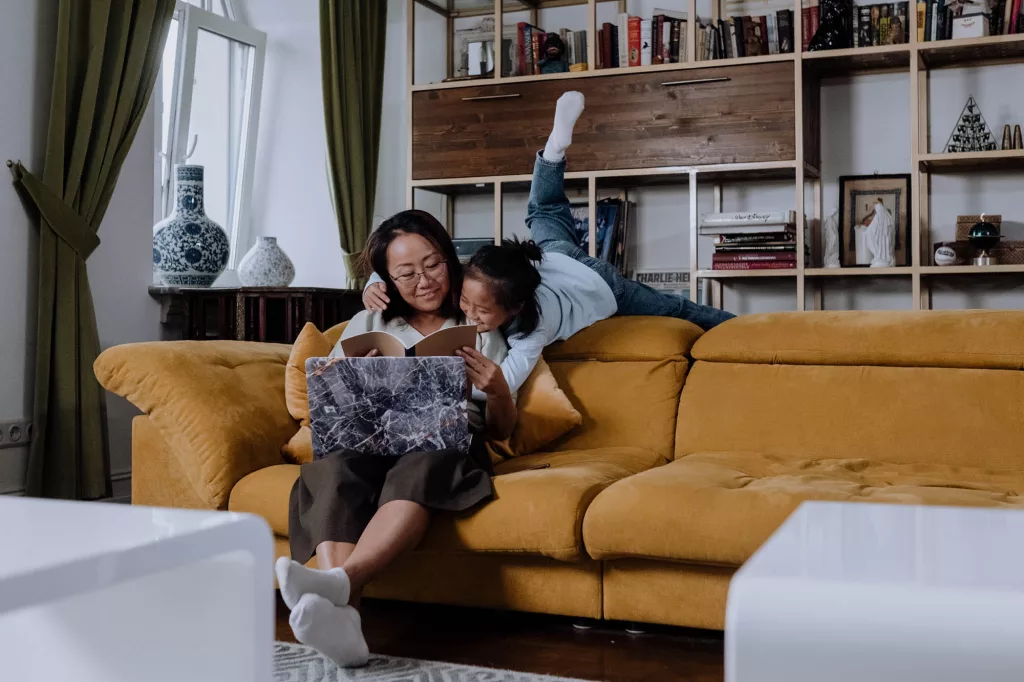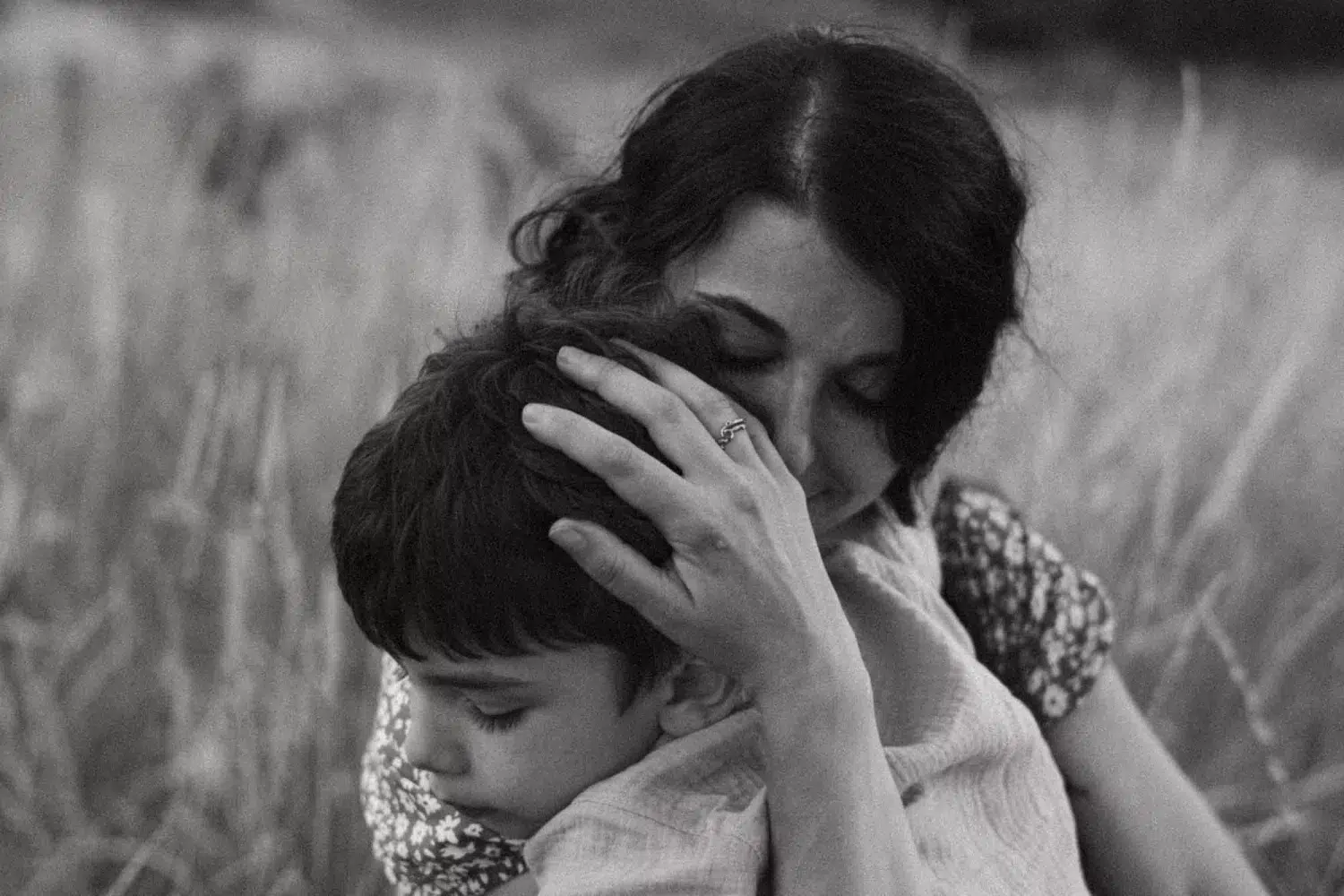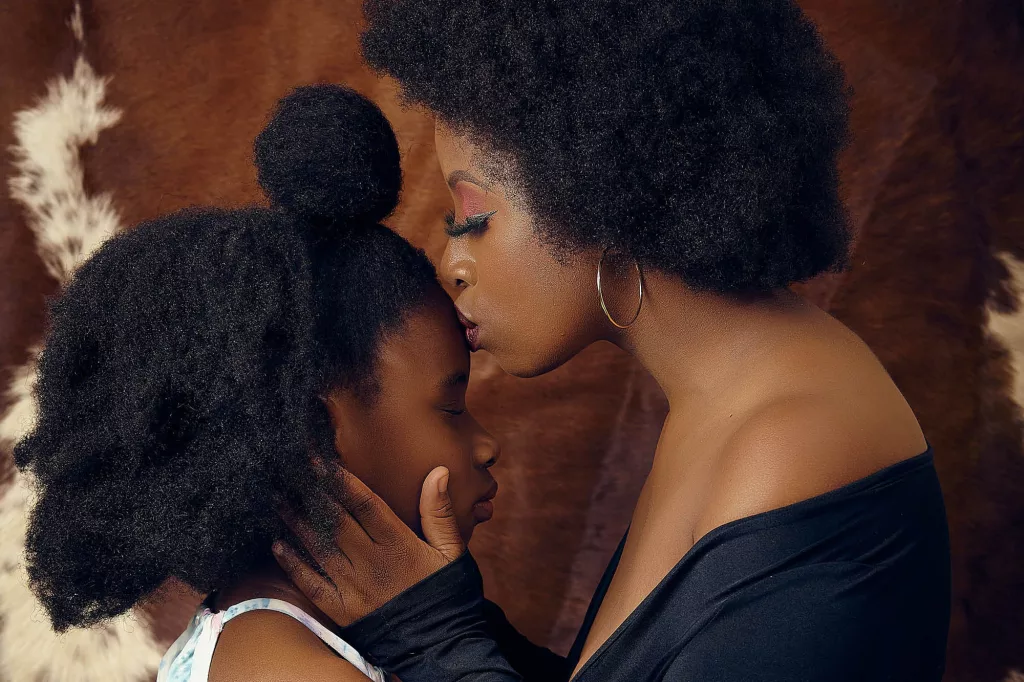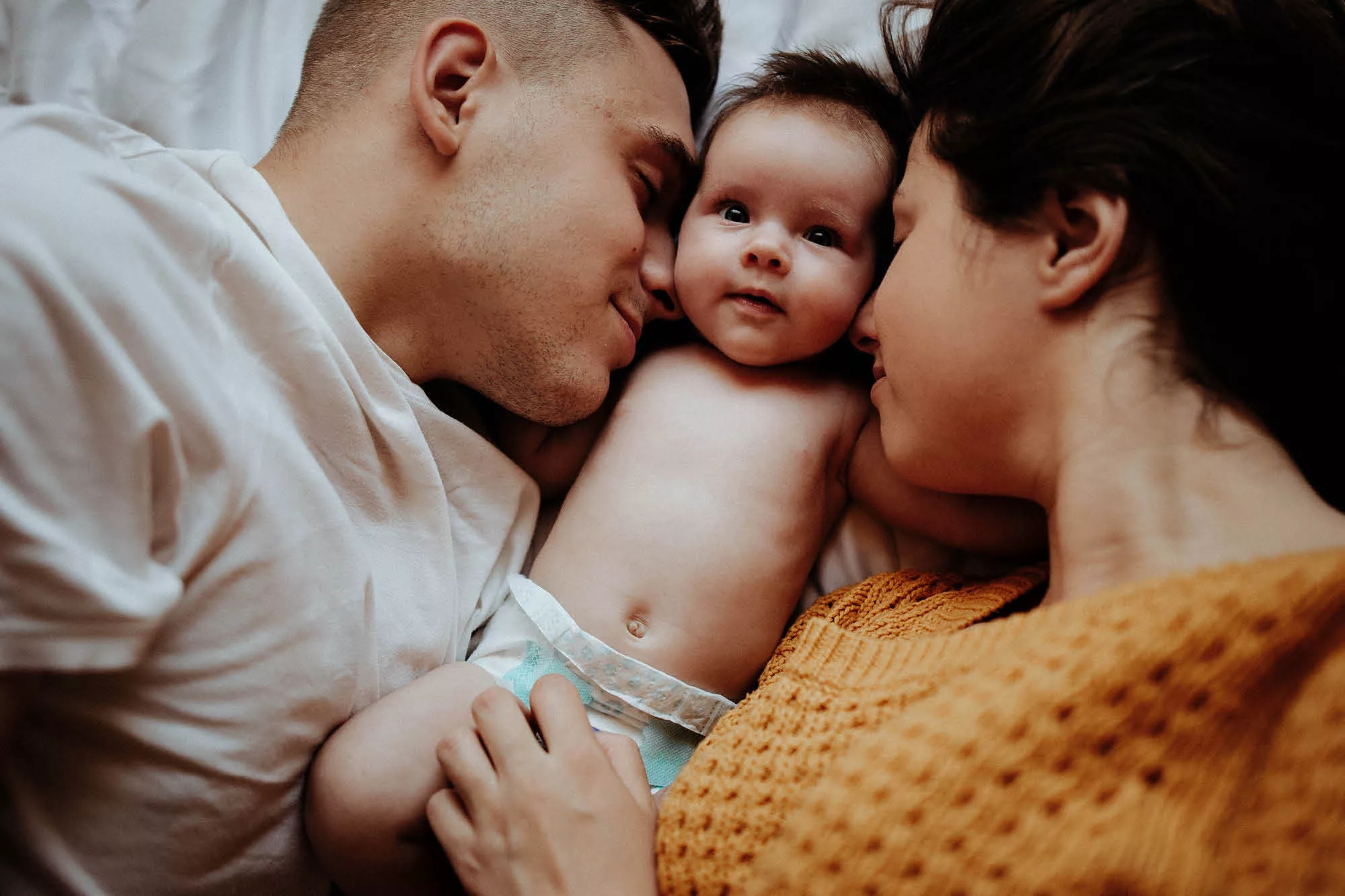Kids always come to us with the curly questions and one you might be hearing right now is, ‘What’s going on in Israel?’
By Mama Disrupt®
The recent Hamas attack on Israel was a complex and frightening event. It’s important to talk to your kids about what happened and how they are feeling, even if they are young. Here are some tips:
1. Start by asking them what they already know. This will help you gauge their understanding of the situation and tailor your conversation accordingly.
2. Be honest and straightforward. Don’t sugarcoat the situation or try to avoid difficult topics.
3. Provide context. Help your kids understand the history of the conflict between Israel and the Palestinians and the reasons why Hamas attacked.
4. Be respectful of all sides. Avoid using biased language or making generalisations.
5. Emphasise that violence is never the answer. Remind your kids that the people involved in the conflict are human beings with families and loved ones.
“TALK TO YOUR KIDS ABOUT THEIR FEELINGS ABOUT THE ATTACK. LET THEM KNOW THAT IT’S OKAY TO FEEL SCARED, SAD, OR ANGRY.”
Specific tips for talking to kids of different ages
Preschool-aged children
Keep things simple and focus on the emotional aspects of the situation. For example, you could say something like, “I know you’re probably feeling scared or sad about what happened in Israel. It’s important to know that you’re not alone. A lot of people are feeling the same way.”
Primary school-aged children
You can start to provide more details about the conflict, but be sure to do so in a way that is age-appropriate. For example, you could talk about the different groups involved in the conflict and the reasons why they are fighting. You could also talk about the impact of the conflict on ordinary people, especially children. For example, you could tell them about the children who were killed in the rocket attacks or the children who were displaced from their homes.
Middle school-aged children
Middle schoolers are starting to develop more complex thinking skills, so you can have more in-depth conversations about the conflict. For example, you could talk about the different historical events that have led up to the current situation. You could also talk about the different solutions that have been proposed to end the conflict.
High school-aged children
High schoolers are able to understand complex topics and engage in critical thinking. You can have open-ended conversations with them about the conflict, including the different perspectives involved and the potential consequences of different courses of action.

How to answer FAQs
It’s also important to be prepared for your kids to have difficult questions. Here are some answers to some common questions:
Why did Hamas attack Israel? Hamas is a Palestinian militant group that is opposed to the existence of Israel. Hamas claims that the attack was in retaliation for Israeli airstrikes on Gaza. However, many experts believe that Hamas was planning the attack for some time and that the Israeli airstrikes were just a pretext.
Who is right and who is wrong? There is no easy answer to this question. Both sides in the conflict have valid claims. It’s important to remember that there are no simple solutions to complex problems.
What can I do to help? There are many ways to help, both big and small. You can donate money to charities that are working to help people in the region. You can also write to your elected officials and urge them to support policies that promote peace and justice.
Most importantly, let your kids know that you are there for them and that you will answer their questions honestly and compassionately. Talking to your kids about the Hamas attack on Israel can be a difficult conversation, but it’s an important one.
By talking to your kids about the conflict, you can help them to understand the world around them and to develop a sense of empathy and compassion for others.

Other things you can do
Learn more
Read news articles about the attack and discuss them with your kids. Help them to understand the basic facts of what happened and the different perspectives involved. You can also watch videos about the attack with your kids – but be sure to choose videos that are appropriate for their age and maturity level.
Discuss feelings
Talk to your kids about their feelings about the attack. Let them know that it’s okay to feel scared, sad, or angry. Reassure your kids that they are safe and that you are there for them. Let them know that you will do everything you can to protect them.
Be honest
Answer your kids’ questions honestly and to the best of your ability. If you don’t know the answer to a question, be honest about it and tell your kids that you will find out the answer for them.
Sign up to our newsletter for weekly mama goodness delivered straight to your inbox, like the VIP that you are.






